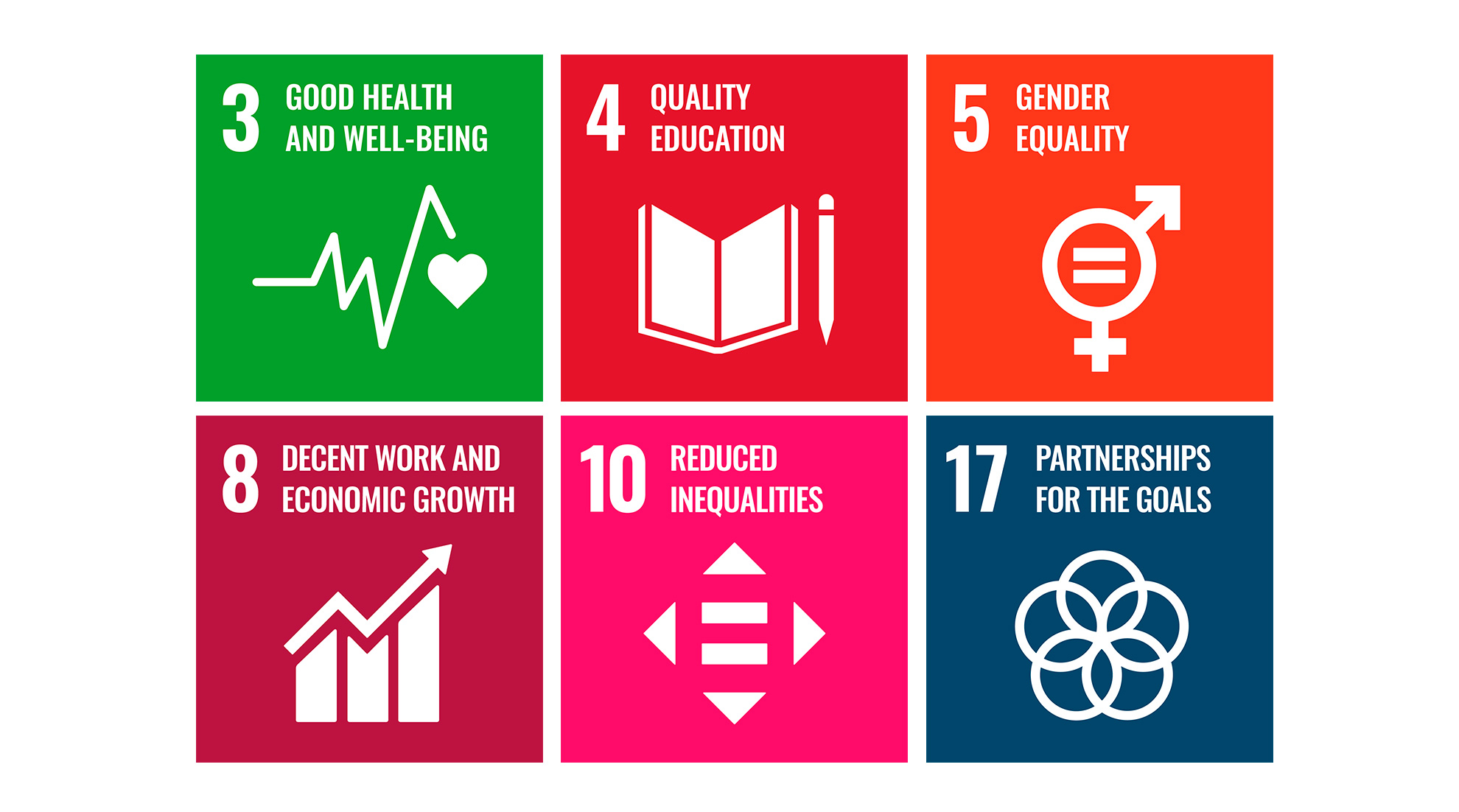OUR LEGISLATION
The Social Compliance System aligns with the National Plan and actively contributes to achieving the Sustainable Development Goals (SDGs) especially in terms of decent work and eradicating child labor.

It aligns with the National Plan for the Prevention and Eradication of Child Labor and the Protection of Adolescent Labor, following the roadmap committed by Argentina as a pioneer country in Alliance 8.7.
Argentina is an avant-garde country when it comes to labor and social laws.
LAW 26,390: PROHIBITION OF CHILD LABOR AND PROTECTION OF ADOLESCENT WORK
It was passed in June 2008 in Argentina and modifies several laws related to work, specifically focused on the prohibition of child labor and the protection of adolescent work. Some key points include:
– Prohibition of Child Labor:
– Raises the minimum age for admission to employment to sixteen (16) years.
– Prohibits the employment of individuals under sixteen (16) years in all forms, whether paid or unpaid.
– Employment Contract:
– Individuals from eighteen (18) years old can enter into employment contracts without restrictions.
– Individuals between sixteen (16) and eighteen (18) years old can enter into employment contracts with the authorization of their parents, guardians, or caretakers.
– Working Hours:
– Limitations on working hours for individuals aged sixteen (16) to eighteen (18) years.
– Prohibition of nighttime work for individuals under eighteen (18) years.
– Agricultural Sector Employment:
– Specific restrictions and regulations for agricultural work for individuals under eighteen (18) years.
This law aims to protect minors from labor exploitation, establishing clear limits on the minimum age for work, working conditions, and associated benefits. Additionally, it introduces specific measures for the agricultural sector.
NATIONAL PLAN FOR THE PREVENTION AND ERADICATION OF CHILD LABOR AND PROTECTION OF ADOLESCENT LABOR
This plan defines child labor as any economic activity and/or survival strategy, paid or unpaid, performed by individuals below the minimum age for employment. Argentine labor law prohibits child labor and protects adolescent work.
SUSTAINABLE DEVELOPMENT GOALS
The document “Transforming our world: the 2030 Agenda for Sustainable Development” proposes a set of 17 goals and 169 targets, aiming to continue the previous Millennium Development Goals, assuming an integrated and indivisible character that combines the three dimensions of development.
With our SCS, we contribute to the following goals:
– 3: Ensure a healthy life and promote well-being for all at all ages.
– 4: Ensure inclusive and quality education and promote lifelong learning opportunities for all.
– 5: Achieve gender equality and empower all women and girls.
– 8: Promote inclusive and sustainable economic growth, employment, and decent work for all.
– 10: Reduce inequality within and among countries.
– 17: Revitalize the Global Partnership for Sustainable Development.
Official document of the 2030 Agenda, Transforming our world
ARGENTINA: ALLIANCE 8.7 PIONEER COUNTRY
The Alliance 8.7 is an inclusive global partnership committed to achieving SDG Target 8.7, adopted by the United Nations in 2015. Partners of the Alliance include governments, UN agencies, intergovernmental organizations, regional entities, social partners, business networks, and civil society organizations.
The “Pioneer Country” category distinguishes states that have adopted legislation, established policies, coordination mechanisms, and renewed their political will to promote new approaches. It includes countries willing to do more and act faster to achieve Target 8.7, with the intention of paving the way and inspiring other countries facing similar issues, leaving no one behind, to end child labor by 2025 and modern slavery by 2030.
CHILDREN AND ADOLESCENTS ACTIVITIES SURVEY (EANNA)
The main objective of the EANNA (Encuesta de Actividades de Niños, Niñas y Adolescentes) is to provide statistical information about children, girls, and adolescents aged 5 to 17 involved in economic and non-economic activities. It specifies demographic, educational, and general socioeconomic characteristics of the households to which they belong, detailing distinctive features of child labor and the main reasons supporting the phenomenon.
